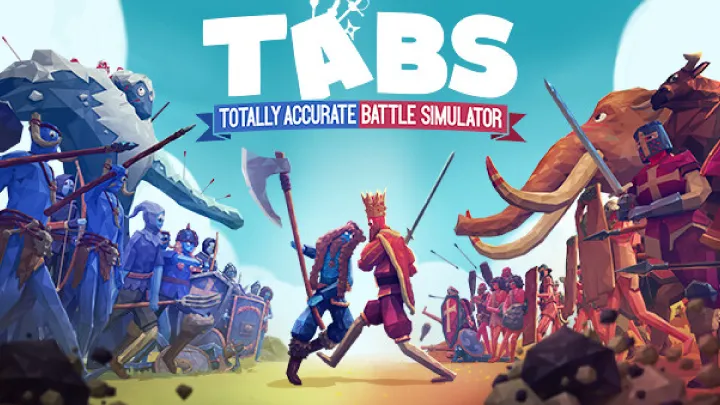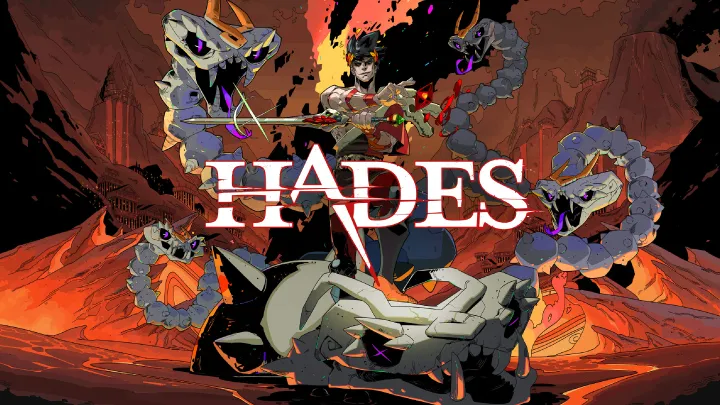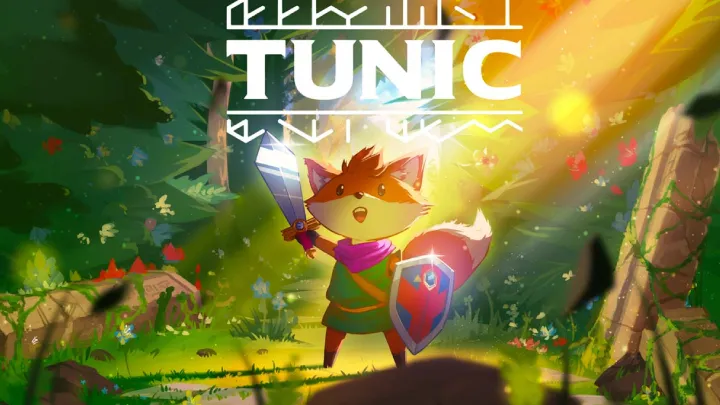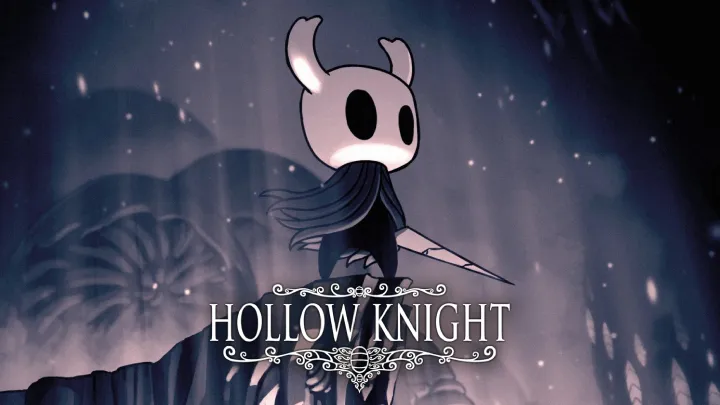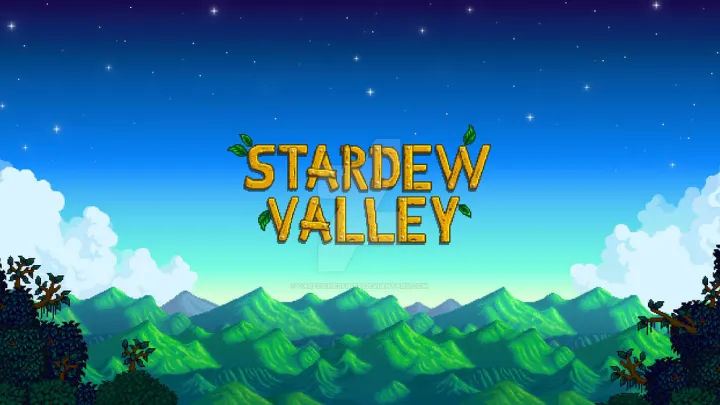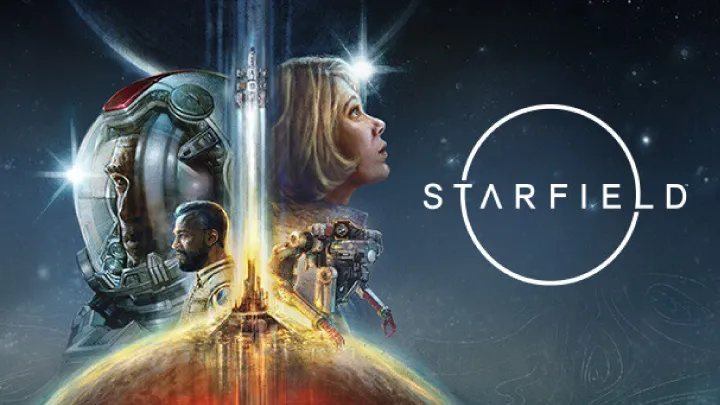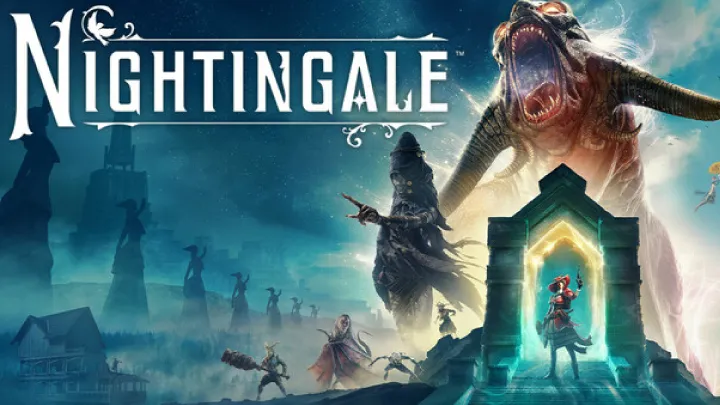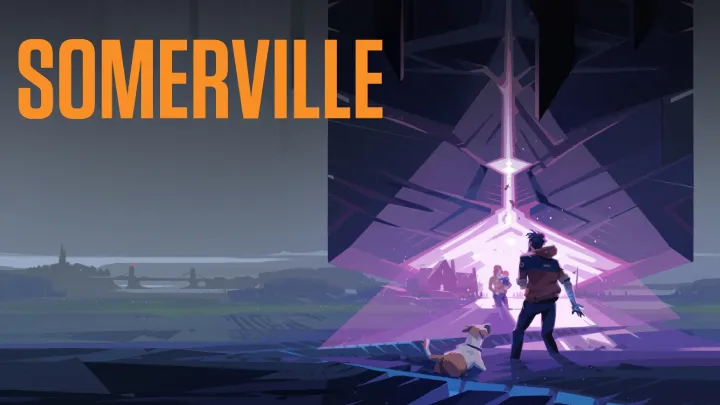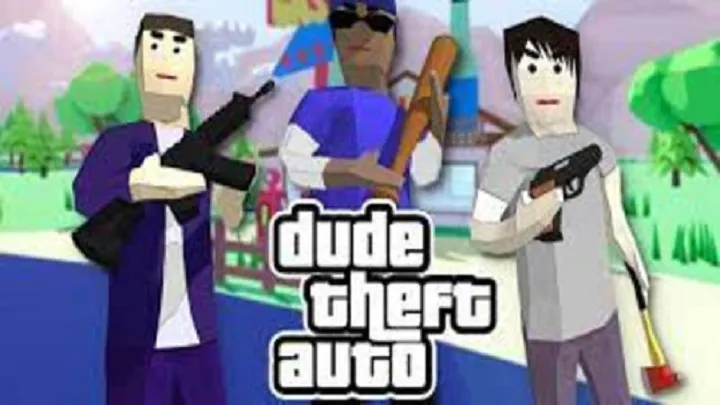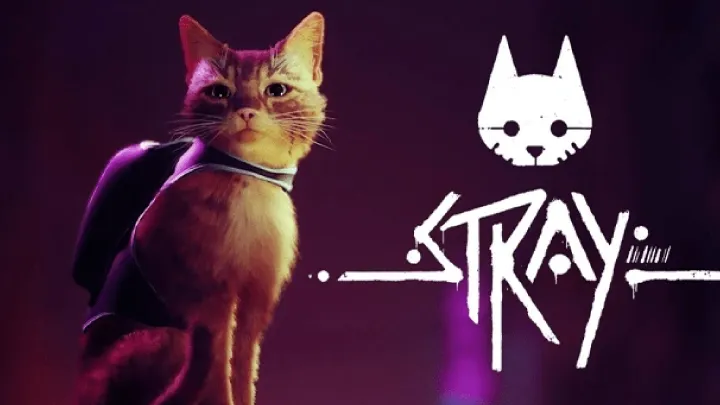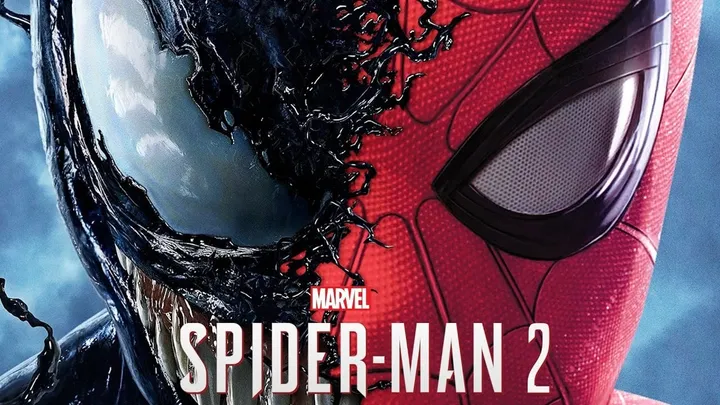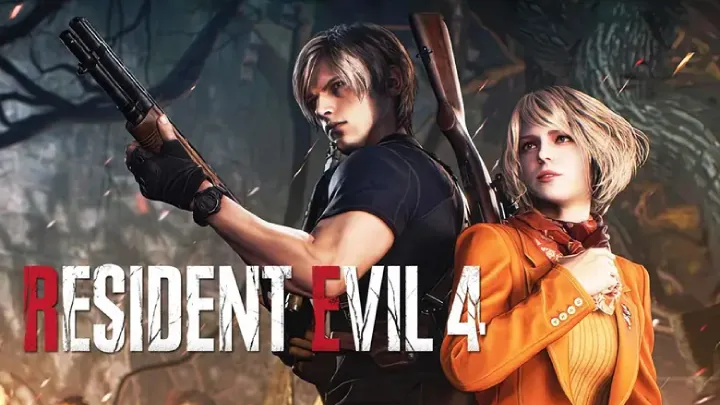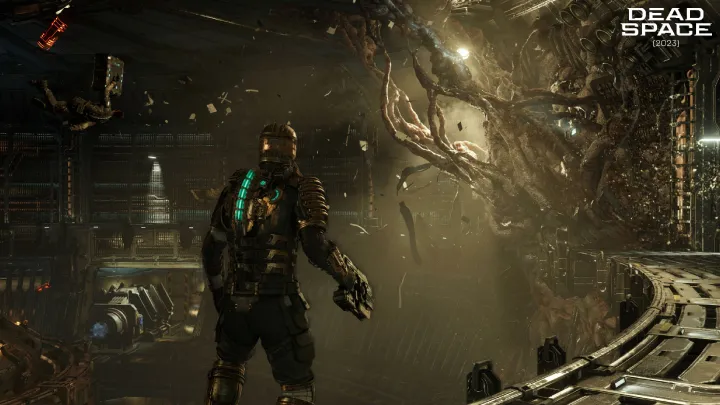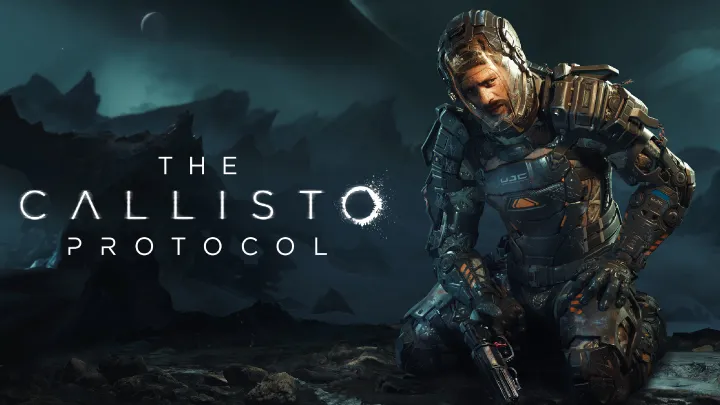Dude Theft Wars FPS Open World and the Challenge of Balancing Chaos with Structure
Introduction
Dude Theft Wars FPS Open World, developed by Poxel Studios, is often described as the “meme version” of Grand Theft Auto. It mixes sandbox freedom with over-the-top humor, ridiculous ragdoll physics, and absurd situations. What sets it apart is its commitment to chaotic fun, where everything from stealing cars to launching yourself into absurd stunts is possible.
Yet, behind the comedy and chaos lies a serious design issue: balancing randomness with structured gameplay. While players love the freedom to cause mayhem, the lack of direction or progression can leave them wondering, “What’s next?” This tension between unstructured chaos and meaningful structure is at the heart of Dude Theft Wars’ identity. In this article, we’ll explore how this issue unfolds across gameplay, progression, community engagement, and long-term appeal.
The First Hours of Pure Chaos
The first time players boot up Dude Theft Wars, they are thrown into an open world with no clear instructions. The design embraces spontaneity, encouraging exploration, experimentation, and absurd actions.
For many, these first hours are magical. You can slap NPCs, hijack vehicles, buy silly items, or get chased by cops for minor antics. The world feels like a playground built for comedy.
But this very chaos, while entertaining, reveals its downside quickly: without clear goals, some players lose focus. Unlike structured games, Dude Theft Wars relies almost entirely on player curiosity.
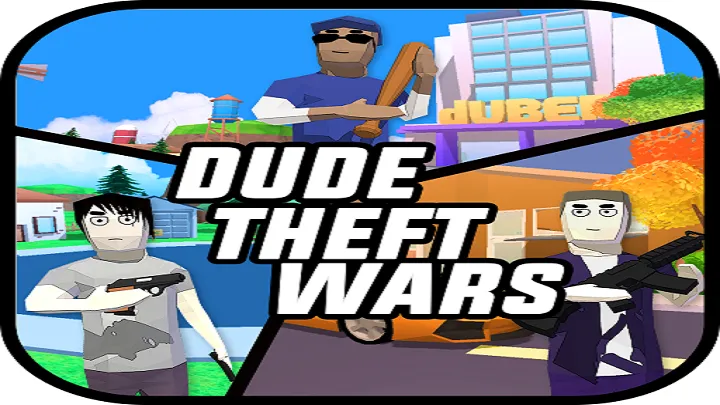
Sandbox Freedom: The Double-Edged Sword
One of the game’s biggest strengths is its freedom. You can do almost anything—fight, drive, explore, or simply cause mayhem. This makes every session unpredictable and hilarious.
The joy of freedom
- Players create their own fun.
- Unexpected outcomes keep gameplay fresh.
- Encourages replayability through experimentation.
The cost of freedom
- No clear direction leaves casual players confused.
- Chaos feels repetitive without progression.
- Some players disengage after initial laughs.
The challenge is clear: freedom is both the charm and the flaw of Dude Theft Wars.
Humor and Absurdity as Gameplay Drivers
Dude Theft Wars thrives on humor. NPCs behave oddly, physics are exaggerated, and missions parody serious games. This comedic approach differentiates it from darker open-world titles.
However, humor alone struggles to sustain engagement over the long term. Once players experience the funniest scenarios, the surprise diminishes. Without deeper mechanics, the game risks becoming a “meme simulator” rather than a true open-world experience.
Why humor works
- Creates memorable moments.
- Appeals to younger audiences.
- Encourages social sharing through clips.
Why humor struggles
- Jokes lose impact after repetition.
- Comedy doesn’t replace progression.
- Risk of being dismissed as shallow.
Progression Systems: Or Lack Thereof
One of the most debated issues in Dude Theft Wars is progression. While sandbox freedom is fun, progression keeps players motivated to return.
Unlike structured titles with missions, upgrades, or unlockable abilities, Dude Theft Wars offers limited long-term goals. This frustrates players seeking deeper engagement beyond laughter.
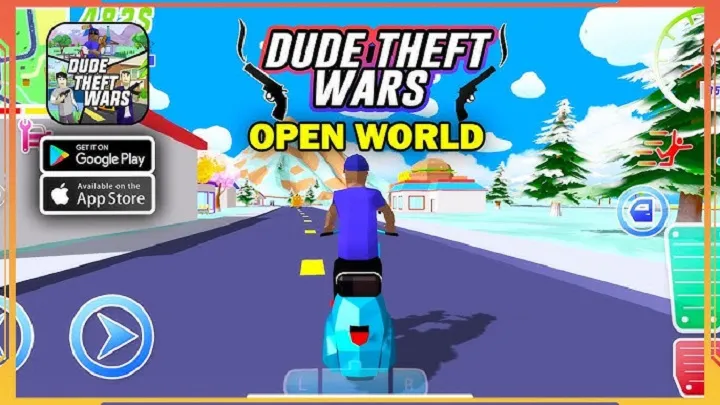
Missing elements of progression
- No meaningful character upgrades.
- Lack of achievements tied to chaos.
- Few incentives for exploration beyond curiosity.
Potential benefits of structured progression
- Keeps players invested longer.
- Provides milestones in an otherwise chaotic world.
- Balances randomness with rewards.
NPC AI and Chaos Management
NPC behavior in Dude Theft Wars is intentionally absurd. They react in silly ways, making the world feel like a comedy skit. Yet, this humor-driven AI can also undermine immersion.
Players expecting realistic responses may feel the world is too shallow. Worse, the repetitiveness of NPC reactions makes chaos predictable. Over time, what was once funny becomes monotonous.
The challenge for developers is balancing comedic AI with enough unpredictability to remain entertaining while still creating a believable, engaging environment.
Police System: A Comedy of Consequences
The in-game police are a cornerstone of Dude Theft Wars’ chaos. Commit crimes, and cops will chase you with over-the-top determination. This creates high-energy, funny encounters.
But here, too, the lack of balance shows. The police can feel too aggressive for beginners or too easy to outwit for veterans. The system lacks scalability, reducing its long-term challenge.
Strengths of the police system
- Adds consequences to chaos.
- Creates thrilling chases.
- Reinforces the comedic tone.
Weaknesses of the police system
- Predictable patterns limit replayability.
- Overly simple AI reduces challenge.
- Doesn’t scale with player skill.
Open World Design: Playground or Empty Space?
The game world of Dude Theft Wars is colorful and absurd, but its design exposes another issue: density. Many areas feel empty, serving as backdrops rather than interactive spaces.
Players often enjoy exploring but quickly realize the lack of variety. Compared to larger open-world games, Dude Theft Wars struggles to fill its map with meaningful activities.
A chaotic playground needs not just freedom but also density—something for players to discover, master, and revisit. Without this, the chaos feels thinly spread.
Community Creativity and Player-Driven Fun
One of Dude Theft Wars’ greatest strengths lies outside the game itself: its community. Players share hilarious clips, memes, and custom challenges that extend the game’s life.
This user-driven creativity compensates for the lack of structure. Social media has amplified Dude Theft Wars, making it more of a cultural phenomenon than just a game.
However, relying too heavily on community-generated fun is risky. Without consistent developer updates, players may eventually drift to other titles with more robust systems.
Comparisons with Other Open-World Games
When compared to giants like GTA, Saints Row, or Just Cause, Dude Theft Wars feels more like a parody than a competitor. This comparison works both for and against it.
On one hand, the parody style gives Dude Theft Wars a unique charm. On the other, it highlights the game’s lack of depth in systems, storytelling, and progression.
This constant comparison underscores the core issue: Dude Theft Wars excels at humor and chaos but struggles to deliver sustained open-world structure.
The Future: Finding Balance Between Chaos and Structure
The path forward for Dude Theft Wars lies in balance. Chaos will always be its identity, but structure can enhance its longevity. The question is how much structure can be added without losing the spontaneity that defines the game.
Potential improvements for the future:
- Introduce progression milestones tied to chaos.
- Expand NPC AI variety to maintain unpredictability.
- Enrich the open world with more interactive elements.
- Create scalable systems like dynamic police difficulty.
If developers manage to balance humor with structure, Dude Theft Wars could evolve from a meme game into a lasting open-world cult classic.
Conclusion
Dude Theft Wars FPS Open World is both brilliant and flawed. Its chaotic humor and freedom create unforgettable first impressions, but its lack of structure risks short-term appeal. The struggle between chaos and progression defines the game’s identity and its future potential.
Ultimately, Dude Theft Wars stands as a case study in open-world design: proving that freedom and comedy can captivate, but without structure, they struggle to sustain.

